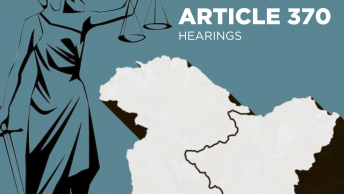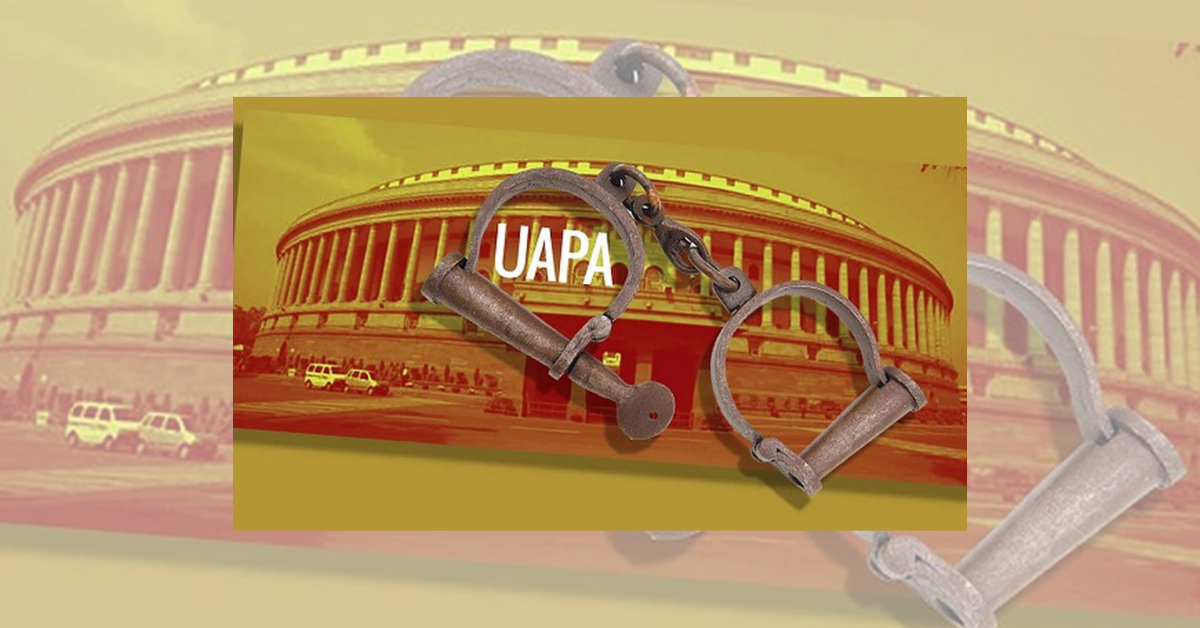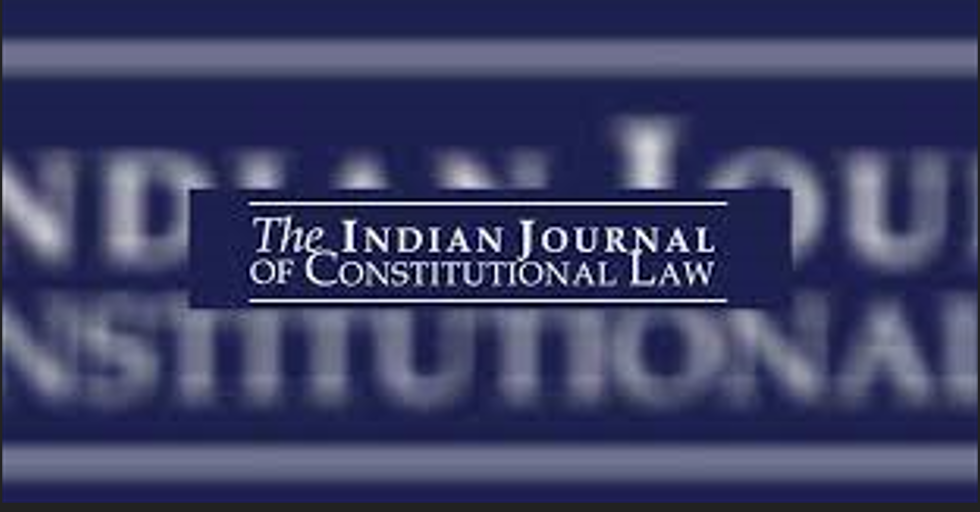With the aim of enabling our readers to keep up with the Supreme Court of India’s day-to-day hearings for the significant case concerning the abrogation of Article 370, LAOT, in collaboration with...
With the aim of enabling our readers to keep up with the Supreme Court of India’s day-to-day hearings for the significant case concerning the abrogation of Article 370, LAOT, in collaboration with...
In this article, the author shows how the constitutional framework for appointments to the Election Commission of India has permitted the compromise of its independent character. Through this, she...
In this explainer, our analyst Ishika Garg writes on all the challenges raised against the UAPA in the past in light of the upcoming Supreme Court hearing of a recent petition challenging the...
The Everyday In Sedition in Liberal Democracies, Dr. Singh “juxtaposes the understanding of sedition emerging from the higher judiciary with the practice of the law on the ground.” Her chosen field...
In an interview with the BBC, the Pakistani singer Ali Sethi spoke of zamana (loosely translated as, the times one lives in) being the ultimate muse in Urdu poetry, or the ‘great enemy’. For, to be...
In an order dated 19 September 2022, the Supreme Court for the first time in 42 years has referred issues relating to capital sentencing to a Constitution bench. Driven by the objective to revisit...
[Our analyst Mrityunjoy Roy, writes about the Gauatam Navlakha case and Sudha Bharadwaj case in the context of including house arrest under the meaning of judicial custody under section 167 of...
This explainer examines the stringent conditions imposed on the grant of bail under the UAPA and the recent judicial developments in that regard.
In this piece, Ujwala Uppaluri responds to John Sebastian and Aparajito Sen's paper titled ‘Unravelling the Role of Autonomy and Consent in Privacy'.








